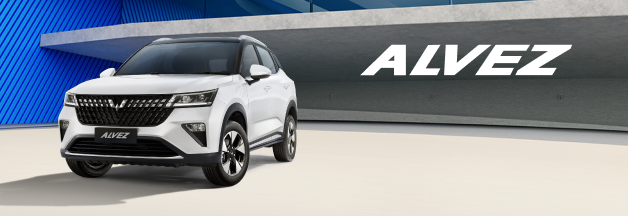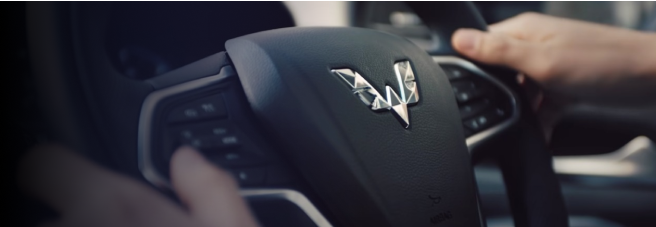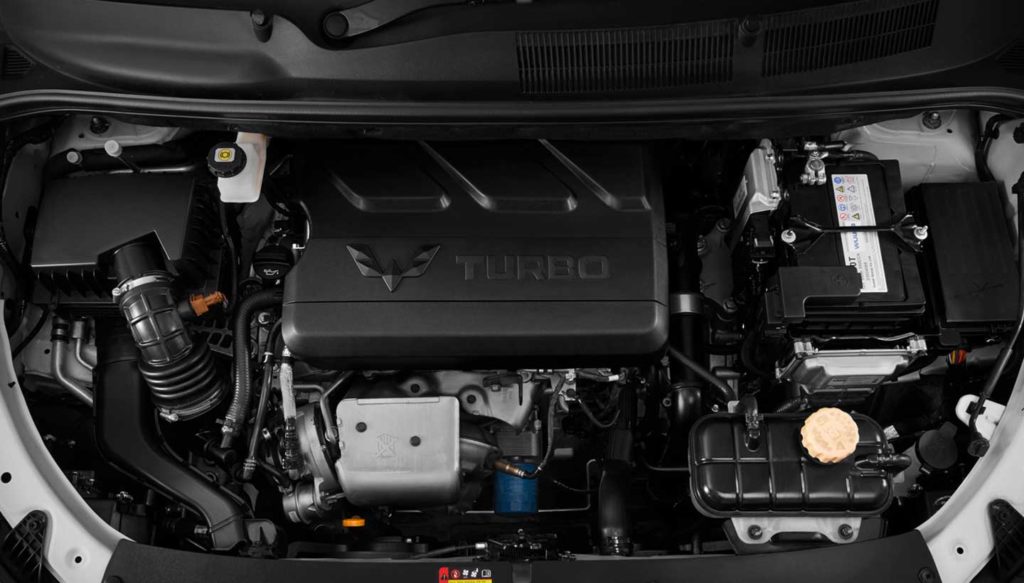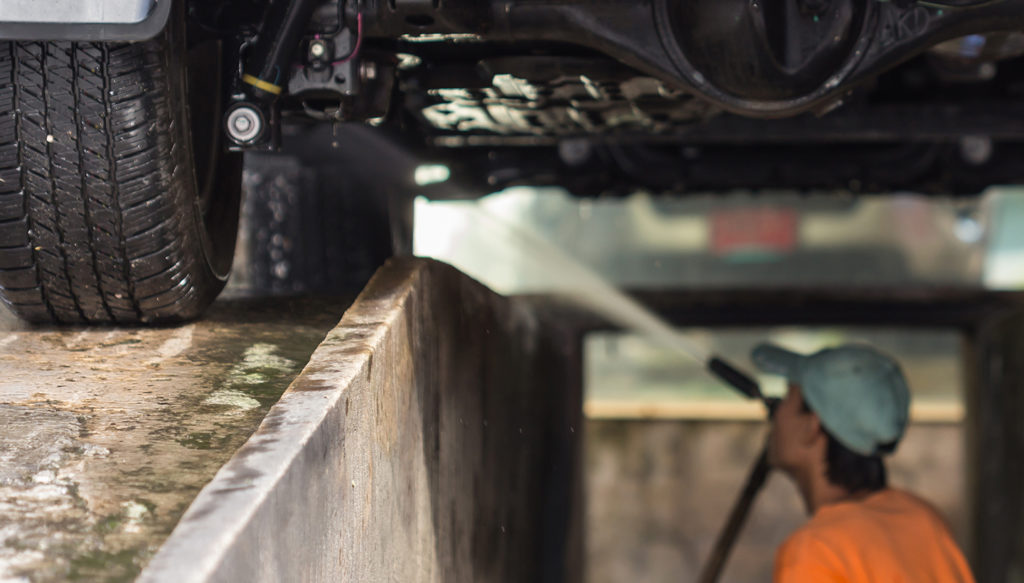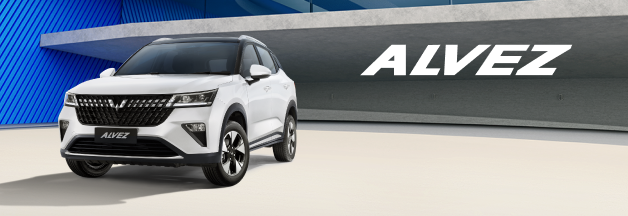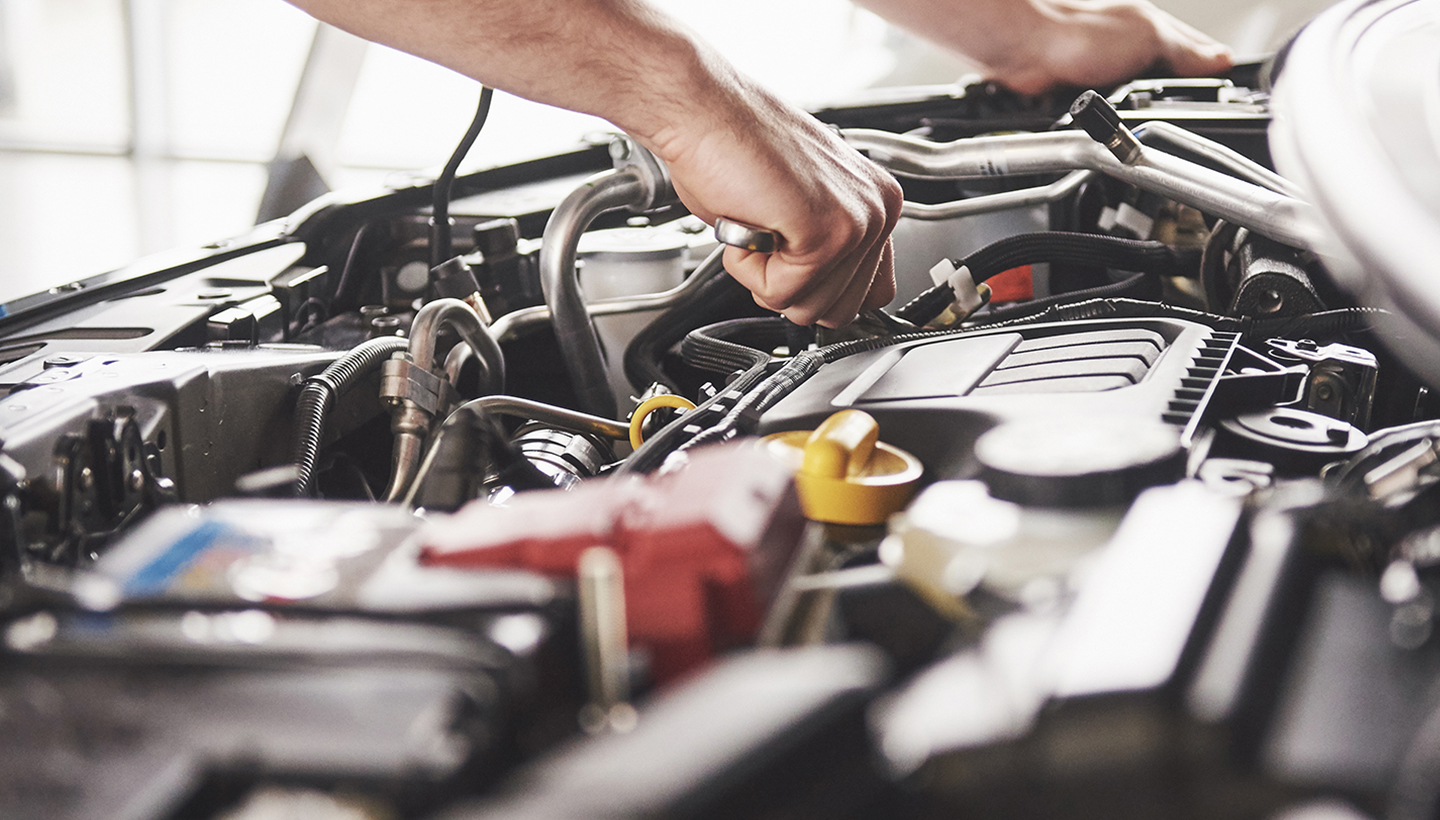
The sound of a rough car engine is certainly very annoying when used. From the sound, there is concern that the car's engine is having problems. If left alone, there could be a problem with the car's engine.
If this sound is left unchecked, it can cause other components in the car engine to be damaged. Therefore, when your car engine sounds rough, you should immediately check it so that there are no bigger problems.
There are several factors that cause rough car engine sounds that you need to know so that it is easy to find a solution. Sometimes it is even found when the car is started at low RPM. The following is a review of the sound of a rough car engine, which you can see below.
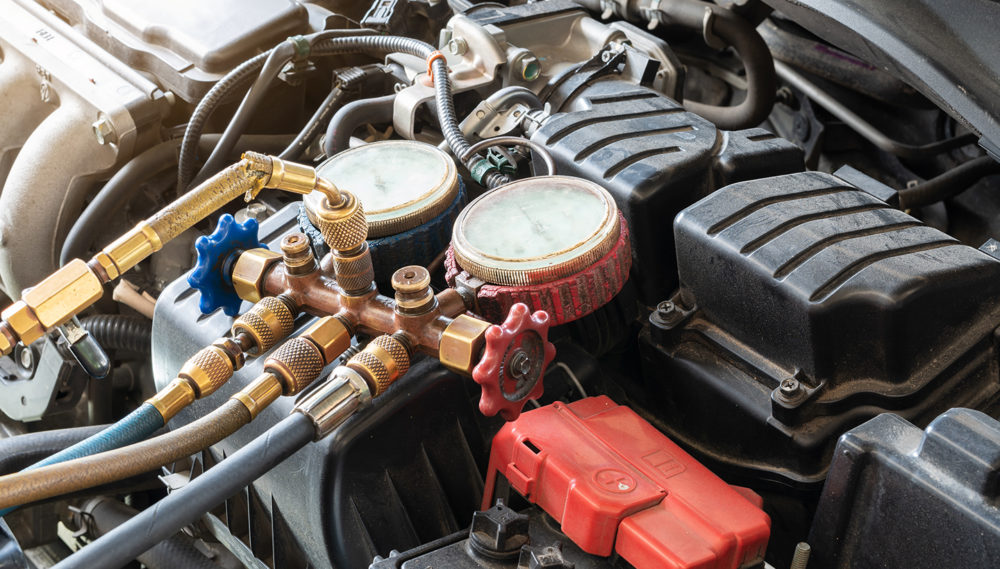
Causes of Rough Car Engine Sound
Almost the same as the sound of a rough car engine when it is started, sometimes a car engine at low RPM can make a rough sound. The sound of a rough car engine at low RPM is caused by a gap in the car engine valve. These gaps have their respective standard sizes; if they are too tight or too loose, they can cause a rough sound.
Of course, you have to know several other factors to find out the cause of a rough car engine sound. So that later you can avoid the sound of a rough car engine in your favorite vehicle. The following are the causes of a rough car engine sound:
-
Lack of Engine Oil
Baca Juga
It should be remembered that a lack of engine oil volume in a vehicle will not only cause a rough car engine sound when running on gas or damage to the AC compressor, but will also cause many other problems.
Oil that is dirty and rarely changed is the cause of this oil volume decreasing. You can check the quality and volume of oil by looking at the dipstick on the tank. Pay attention to the quality and color of the oil, adjust the dosage, and make sure the oil is not mixed with other liquids or has dirt stuck to it.
This must be done regularly to ensure that the oil, as a lubricant for car engine components, functions properly. Apart from that, don't forget to use quality engine oil according to the manufacturer's recommendations so that the car's engine lasts longer.
-
Problems with the AC Compressor
If you hear a harsh sound from the car engine when you press the gas pedal, there could be a problem with the AC compressor. This kind of sound can occur when the car is started or has been running, and this happens because the AC compressor is low on oil. Therefore, oil that is rarely changed causes dirt to accumulate, which can ultimately clog various engine parts.
-
Problems with Engine Valve Gaps
Problems with car engine valve gaps can cause a rough car engine sound when pressing the gas. Valve gaps that are too tight or loose can cause the car engine to sound harsh when driven. This gap usually measures between 0.2 and 0.3 mm.
However, if the vehicle is used more frequently, this gap can loosen and produce a sound like metal rubbing due to the valve stem rubbing against the rocker arm. The same thing applies when the gap is too tight because the valve stem is pressing on other parts of the valve.
-
Damaged Car Bearing
Baca Juga
Have you ever heard a loud car engine sound and a continuous hum when you start the engine when the engine speed increases? In certain cases, the bearing is the problematic component.
Because of the large number of bearings used in cars, of course, it will be quite difficult to find out the location of the damaged bearing. Moreover, the bearing is inside the machine. These bearings are used in water pumps, tensioners, alternators, idlers, and compressors, so to find out which bearing is problematic, it is recommended to take it to a regular repair shop or invite a trusted technician.
-
Car Belt Problems
The final factor is damage to the car's engine belt. As mentioned previously, this belt connects the car's radiator fan to the AC compressor and alternator. Often, seat belts are damaged due to accumulated dirt and dust, making them uncomfortable to use and causing a rough engine sound when starting the engine.
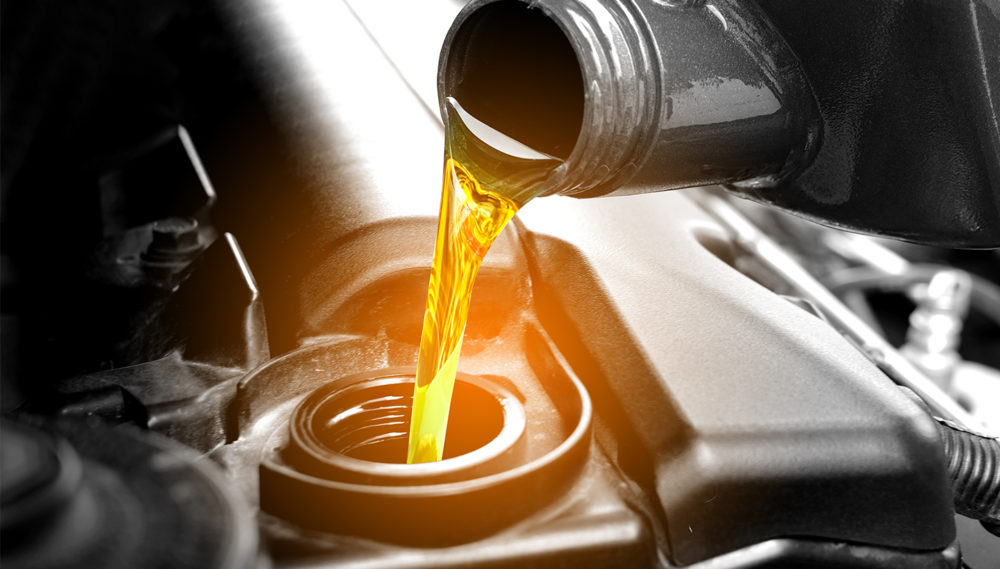
How to Overcome Rough Car Engine Noise
To overcome the sound of a rough car engine, there are several things you can do. Some of these methods can be done independently, up to the point of having to take your car to a regular repair shop.
Here's how to deal with rough car engine sounds:
- Using Quality Oil
Using quality oil will certainly extend the life of car engine components. Because quality oil will protect the components of the car engine well and will not evaporate easily, the volume of car engine oil will not decrease quickly.
Make sure to use the engine oil recommended by the manufacturer to avoid problems with the car's engine in the long term.
-
Regularly Check Engine Oil Volume
Always make sure that the volume of your car's engine oil is within the specified dosage. The reason is because if the car engine lacks oil, the components in the engine will heat up quickly. If this happens, these components will easily wear out and become damaged, causing a rough sound in the car engine when started.
-
Clean the AC Compressor
Cleaning the AC compressor can avoid the problem of rough car engine noise. This is because a dirty AC compressor causes its performance to become heavier and makes a rough sound.
- Adjusting Engine Valve Gaps
It is highly recommended to adjust the engine valve clearance according to the car manufacturer's recommendations because engine valves that are too loose or tight can cause noise.
After understanding the explanation regarding the rough car engine sounds above, you will more or less understand the causes and how to overcome them. Make sure to always maintain your favorite car regularly to avoid unwanted problems when using it.
SHARE:










